MHS was challenged by the ability to scale its revenue cycle operations concurrently with the growth of its footprint in the community. Policies and procedures were outmoded, limited controls were in place, and the organization lacked the tools necessary to establish measurable performance metrics and accountabilities. These gaps resulted in challenges with maintaining financial performance when, over one year, MHS’s operating margin declined by 6% and accounts receivable (A/R) increased by 15%.
After delivery of the assessment findings, ECG was asked to assist with stabilizing the revenue cycle management structure and to lead the implementation of ECG’s optimization recommendations.
In partnership with MHS leadership, ECG created a work plan to implement the optimization recommendations, giving priority to initiatives that would most significantly drive sustainable improvements in cash collections and positively influence the organization’s income statement.
Initiatives were organized into five focus areas:
Management and Oversight: To improve reporting capabilities and ensure performance transparency across the organization, ECG assisted with the creation of new management reports and institution of staff quality and productivity standards.
A/R Performance: ECG’s approach to improving cash flows and reducing cycle times between service and payment dates focused largely on staff education, work prioritization, and process standardization.
Uncompensated Care: To reduce the percentage of patient responsibility written off to bad debt, ECG led the planning and execution of point-of-service collections training for more than 300 frontline staff and established proactive outreach by financial advocates.
Denials Improvement: To reduce the volume of first-pass denials, a greater focus was placed on increasing clean-claim rates, conducting regular root-cause analysis of payer denials, and deploying mitigation strategies.
Cost Containment: ECG evaluated MHS’s revenue cycle cost structure and provided recommendations and strategies to reduce the cost to collect, including staffing efficiencies and improved vendor management.
Throughout the nine-month advisory and optimization engagement, ECG was responsible for planning, managing, and executing multiple concurrent initiatives. Given ECG’s deep understanding of MHS’s revenue cycle deficiencies, the targeted initiatives aimed to produce the desired financial impact while increasing foundational revenue cycle knowledge.


